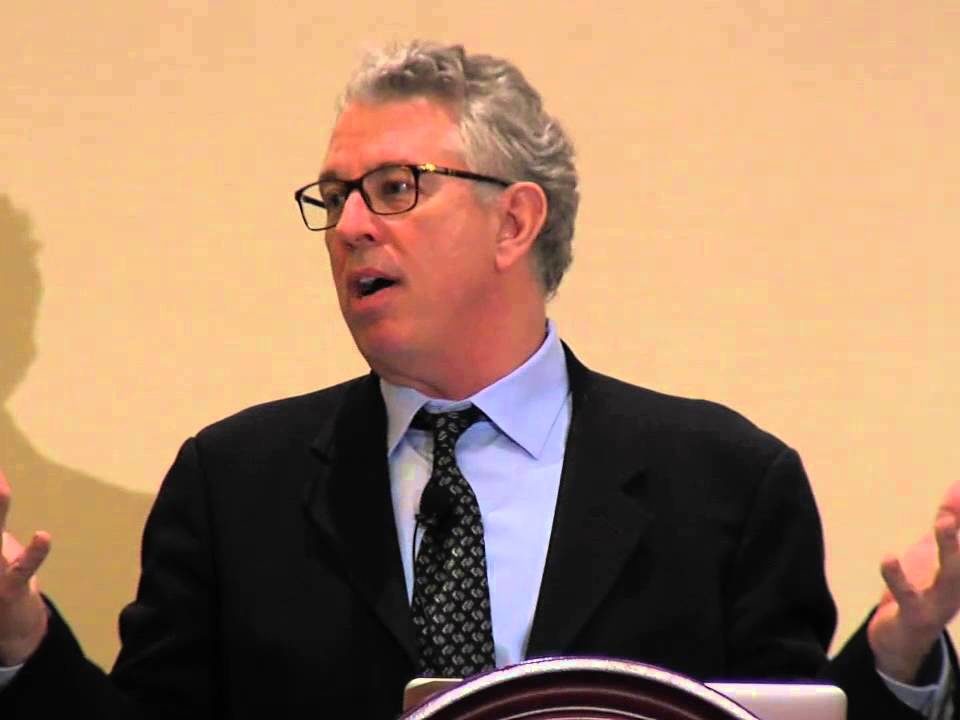I’m reading a fascinating book at the moment, written by Maia Szalavitz and Bruce D. Perry, M.D., Ph.D., titled Born for Love: why empathy is essential—and endangered. Possessing empathy is a key attribute for people who are trying to help others heal or recover from trauma and its consequences, e.g. mental health problems, addiction.
Here is what Maia and Bruce say about empathy:
The essence of empathy is the ability to stand in another’s shoes, to feel what it is like there and to care about making it better if it hurts.’
Empathy and sympathy are different. Here is what Maia and Bruce say:
When you empathize with someone, you try to see and feel the world from his or her perspective. Your primary feelings are more related to the other person’s situation than your own. But when you sympathize, while you understand what others are going through, you don’t necessarily feel it yourself right now, though you may be moved to help nonetheless. Pity—or feeling sorry for someone—similarly captures this idea of recognizing another’s pain without simultaneously experiencing a sense of it oneself. With empathy, however, you feel the other person’s pain. You’re feeling sorry “with” them, not just “for” them.’
You can watch a long film of Bruce Perry, someone I hold in very high esteem, talking about empathy here. This is the description of Bruce’s talk at the National Council for Behavioral Health in America:
‘From birth, we seek intimate connections, bonds made possible by empathy — the ability to love and to share the feelings of others. Review scientific and historical examples of how empathy develops, why it is essential to our development, and how the modern world threatens it. Explore how compassion underlies the qualities that make society work and how difficulties related to empathy are key factors in social problems, mental illness, and even physical health. Learn how recent technological changes, child-rearing practices, education, and lifestyles affect a child’s understanding of human contact and deep relationships, the foundation for empathy and a caring, healthy society. Take home practical ideas for combating the negative influences of modern life and fostering social change.’
And here is a short film on empathy from highly respected researcher and storyteller Brene Brown.
What is the best way to ease someone’s pain and suffering? In this beautifully animated RSA Short, Dr Brené Brown reminds us that we can only create a genuine empathic connection if we are brave enough to really get in touch with our own fragilities.


